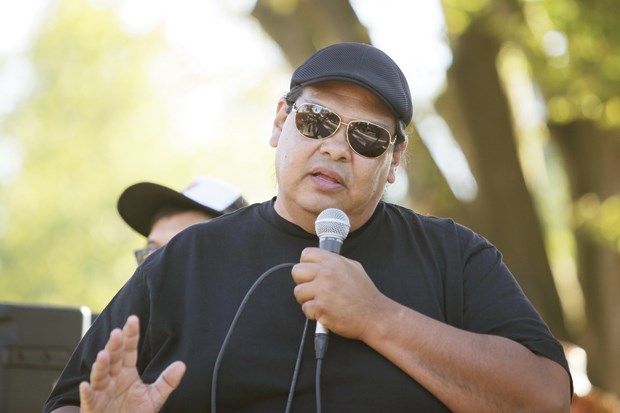The Federal Court of Appeal has quashed a bid by the Tsleil-Waututh Nation to have the National Energy Board process for the Trans Mountain pipeline declared unlawful.
At issue in the suit filed in 2014 was whether the Crown and NEB had failed in their constitutional duty to consult the Tsleil-Waututh as a First Nation.
The federal court of appeal issued a 44-page decision last week rejecting the claim, stating the Tsleil-Waututh could have raised its concerns about the project with the federal government at numerous times over the last several years.
“It appears that the (Tsleil-Waututh Nation) had the opportunity to fully express its views to the NEB in respect of all of its concerns, including the impact of increased marine shipping and the fact that it was not prepared to accept any risk of a spill,” Justices Johanne Gauthier and Mary Gleason wrote in their ruling.
The nation also has been rejecting opportunities to discuss the project with Trans Mountain, dating back to 2011, the ruling states.
The lawsuit was also premature as consultations on the project are still not yet complete, the court found. Natural Resources Canada’s ministerial panel is still accepting feedback from First Nations and the governor in council in Prime Minister Justin Trudeau’s cabinet hasn’t yet decided whether the Crown had sufficiently consulted or whether the pipeline should be built.
Since May, at least seven other suits have been filed against the NEB, including from the City of Burnaby, the Squamish Nation and another from the Tsleil-Waututh, all challenging the NEB’s final report and recommendation. And the Tsleil-Waututh may yet file another suit once the process is complete, the court noted.
Trans Mountain welcomed the decision.
“The Federal Court of Appeal has issued an important decision for the Trans Mountain expansion project. The decision confirms that Aboriginal groups have had the opportunity to fully express their views and concerns to the National Energy Board,” a statement from spokeswoman Ali Hounsel read.
The Tsleil-Waututh are regarding the loss as a minor setback over a technical court ruling, not an affirmation that the First Nation has had its fair say on the project bordering their traditional territory.
“They say we should have consulted through that broken process of the NEB,” said Rueben George, manager of the nation’s Sacred Trust Initiative. “We need nation to nation consultation and presenting to the National Energy Board for 40 minutes isn’t consultation. This new (ministerial panel), which we didn’t do, isn’t consultation. Having a conversation with somebody is not consultation.”
The nation produced its own 1,200-page report on the project concluding it was environmentally, economically and culturally untenable.
And there may be yet more lawsuits to come, if necessary, George said.
“For us, we haven’t even played our big card, and that’s our land entitlement. That’s where the majority of the court cases are won,”
he said.
If approved by the Trudeau cabinet this December, the expanded pipeline would carry up to 890,000 barrels of diluted bitumen to Burnaby a day, increasing tanker traffic on Burrard Inlet seven fold.



